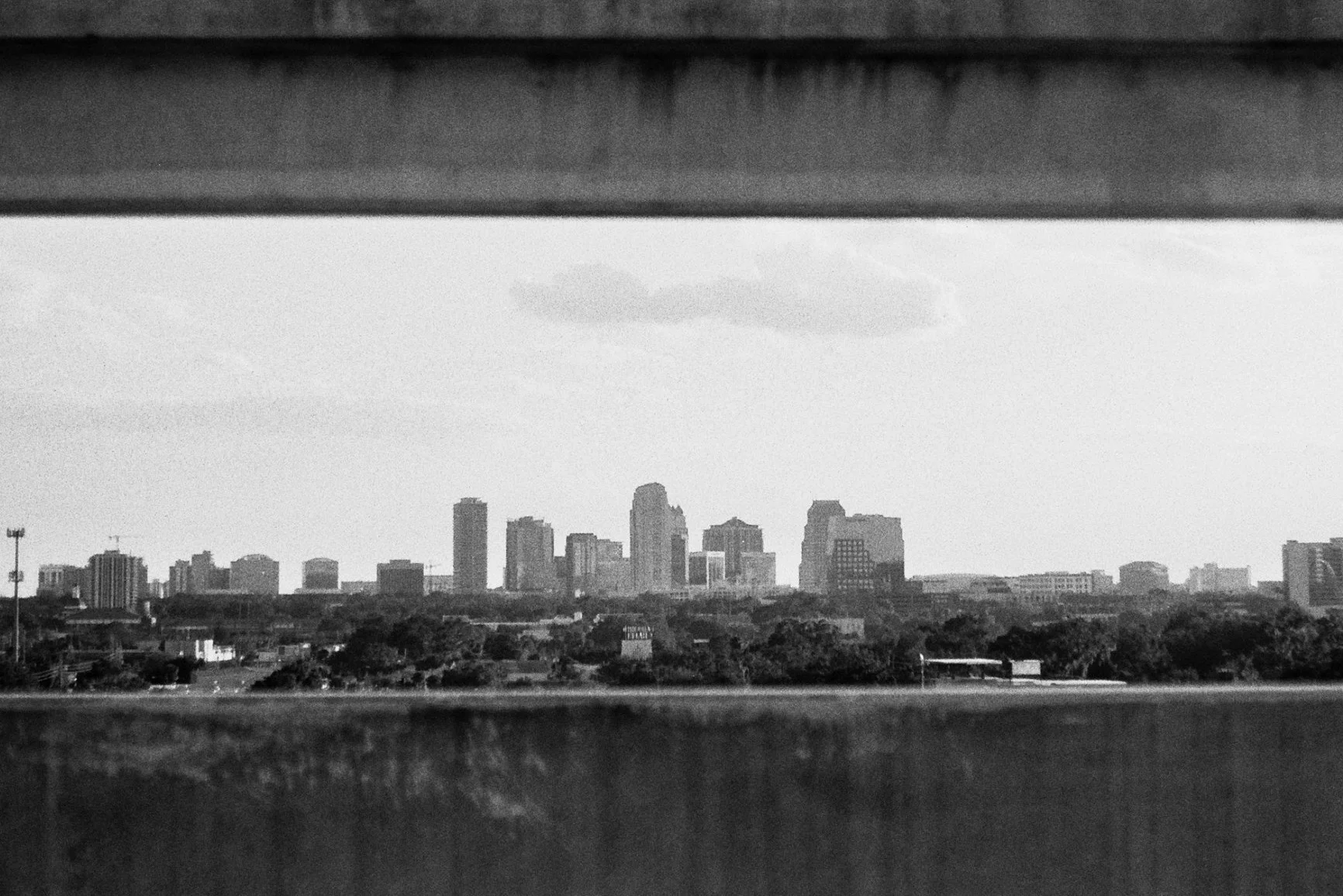The kingdom of heaven grows slowly, but it only moves in one direction. Jesus uses imagery of the mustard seed and tree to paint an image, pushing out the extremes of smallness and bigness. The birds that find shelter in the Kingdom are all sorts, even those considered undesirable. These parables are about patience - God works extraordinarily slow, and we have to trust God even as we do our part. We may never get a fully satisfying answer to the question, “why doesn’t God do something?!” beyond parables like the mustard seed. What we can do is take confidence that God heals the world through long-suffering love, which is not coercive nor controlling.
Viewing entries tagged
justice
By naming both our passions and limitations, we are better able to discern how God is inviting each of us to help repair the world. We often suffer from paralysis when it comes to justice - we can’t do it all, so sometimes we do next-to-nothing, keeping our heads down. Yet God created us with limitations that we are meant to bless, not as an excuse but to embrace our smallness and better discern how we can contribute.
Justice, in the eyes of God, is the great leveling of humanity towards a “common good”. After the Fall, fear and competition settle in quickly, we become in-human, negating the image-of-Godness in our fellow humans. We create whole systems that scatter and show favorability, mountains and valleys of human value. Biblical justice is primarily seen as restoration of dignity for all image-bearing humans, and not simply retribution for wrongdoing. Righteousness (tzedekah) and justice (mishpat) are related terms that speak of our legal obligations and moral aspirations towards those who are in the valley. Any type of “justice” that increases human disparity is not God’s justice.
When we are lulled to sleep by the evil of the present moment, we must lift our eyes to the horizon to remember what is Good, and where we are heading. It is so easy to believe that what we are perceiving now in the fog is all that is true, and that this world is irredeemable. Scripture invites us to lift our heads above the fog to gain perspective - looking back to remember what God considers good, and looking forward to see our destination, so that we might be ready to advocate for good against evil in our present moment.
It is not enough to merely sing songs and celebrate our holy days. These things should prepare us to partner with God in the healing of the world. It’s easy to critique “the Western Church” for hypocrisy - but what about us? Real worship reminds us of God’s character and will; conforms our will to God’s; and then prompts us to do the work we have been given to do in our day. We address the pain of the world from the perspective of God, not modern ideologies.


